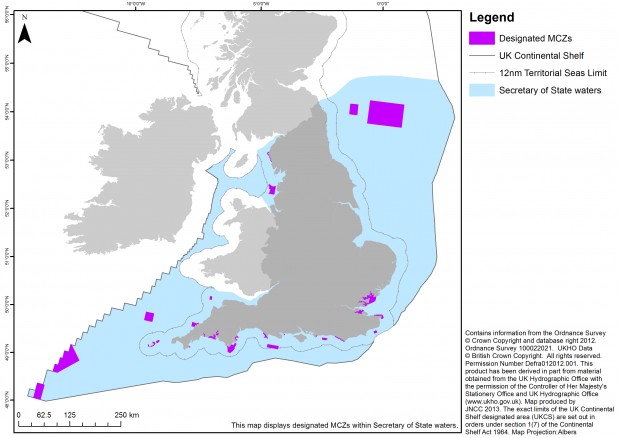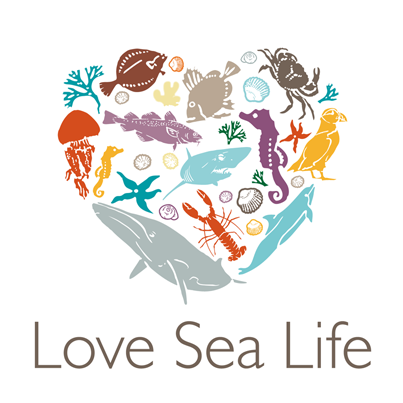Defra has announced that we will be designating new Marine Conservation Zones (MCZs) to protect precious sea life and safeguard the marine environment. Here we answer some frequently asked questions:
What is an MCZ?
An MCZ is a designated zone designed to protect important marine life.
How many MCZs are being designated?
We are designating 27 new MCZ sites. This is the first phase, and we expect to designate two further phases over the next three years. The zones are located as per the map below. 
How did you decide on these 27 sites?
After carefully considering all the evidence, and listening to the views of those who care about our seas, we have decided to designate 27 new MCZs. We are designating sites where it is clear that it will bring real benefits to local wildlife and habitats, and also makes economic sense.
Of the 27 sites, how many are inshore/offshore?
Five sites are wholly offshore, 21 sites are wholly inshore, and one site sits across the inshore/offshore boundary.
What is going to be protected in each site?
The sites will protect areas that are important for conservation, for example vulnerable or rare habitats or species and nationally representative ones. Each site has been designed to protect specific features - for example, seahorses in seagrass meadows, or mussel beds supporting seaweeds.
The Marine Act 2009 requires MCZs to protect nationally representative and nationally rare and vulnerable habitats and species.
Who will manage MCZs?
MCZs will be regulated by the public authorities responsible for the activities concerned. For example, fishing activities that impact on MCZs within six miles of the English coast will be regulated by the relevant Inshore Fisheries and Conservation Authorities, and outside six miles it will fall to the Marine Management Organisation.
What will the management measures be?
These will vary between different sites. Management measures will depend on the activities that take place at the site and whether these negatively impact on the site's specific features. There will be no blanket ban on activities. Management measures will only be implemented after talking to all interested parties.
What happens now a site has been designated? Will activity in the site have to stop immediately?
Economic or recreational activities will not automatically be restricted - they will only be restricted if they are having a detrimental impact on the feature the site is meant to protect. These activities could include trawling, anchoring, or construction activities.
Can the Government really afford to designate MCZs?
We can't afford not to if we want to see improvements to our marine environment. The future of marine conservation and marine industries depend on them working together, and MCZs will help them do that.


1 comment
Comment by barry luxton posted on
the report after five years from the ntz lundy regarding fauna protection, the scientists confirm that there is no measurable improvement. What safeguards will be put in place to ensure any protection, i.e. the banning of activities will be targeted and fit for purpose. As an example Folkestone holes are just that, areas of sea bed unsuitable for trawling or dragging, so what other types of restriction would be required for that area? In addition the medway and estuary, the commercial fishermen have to spend many years in apprenticeship before being allowed the freedom to fish, as the proposal includes for one species of worm can anyone advise what restriction if any could possibly protect this one species? The areas suggested, again no trawling is carried out.